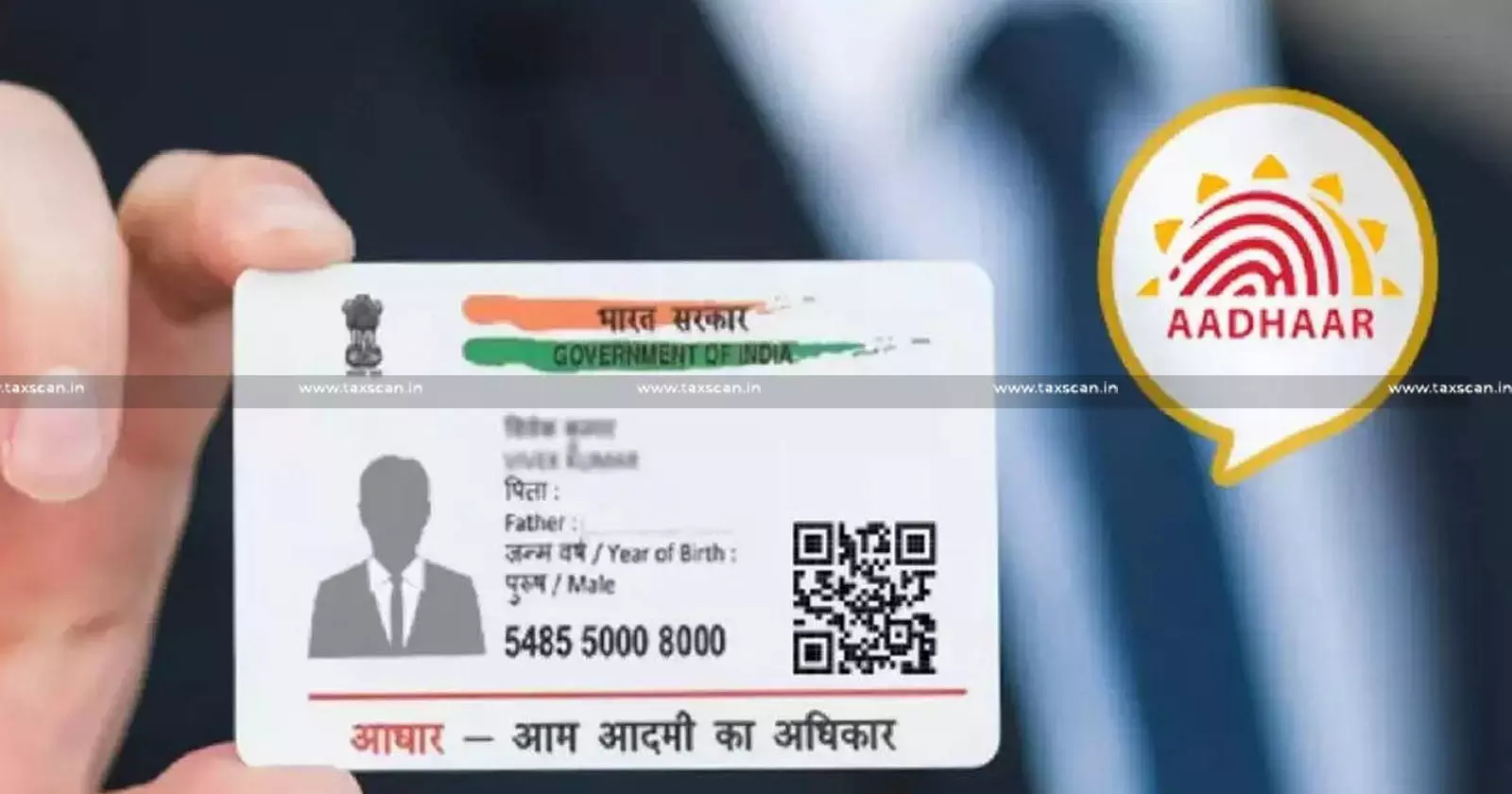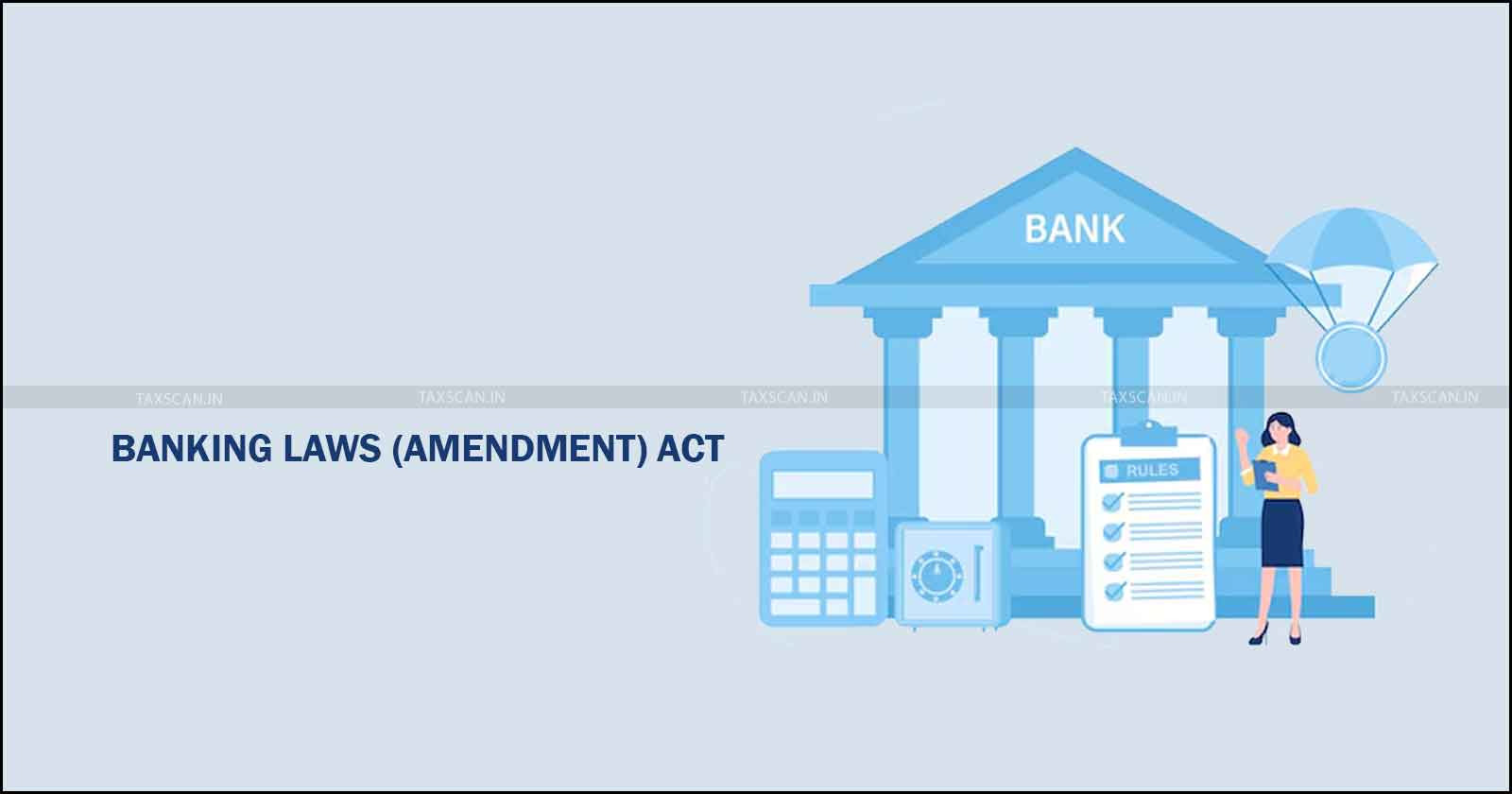Major Bank Rules, Aadhaar & Financial Changes From November 2025: Know Here
Several key financial and banking rules in India change from November 2025 including new Aadhaar update fees, SBI Card charges, bank nomination rules, and faster GST registration. Here’s what to know

November 2025 brings several important financial rule changes in India. These updates affect banking, Aadhaar, credit cards, pensions, business registration, and lending norms. The new rules aim to simplify processes, protect consumers, and strengthen transparency in the financial system.
1. Faster GST Registration Under GST 2.0
From November 1, 2025, the GST registration process will become quicker under the new GST 2.0 system. Low-risk applicants will get approval within three working days using PAN and Aadhaar verification. The new system also uses data checks to identify fake applications and make registration smoother.
Finance Minister Nirmala Sitharaman during the inauguration of the new CGST Bhawan in Ghaziabad said the change aims to make the process simple and taxpayer-friendly. She added that nearly 96 % of new GST applicants (those identified as low-risk or with monthly output tax liability under Rs. 2.5 lakh) are expected to benefit from this fast-track route.
The minister also emphasised that the system must work “by design, not by discretion,” and urged CGST units to improve taxpayer service, deploy technology, address recurring complaints, and ensure disciplinary actions against erring officials are swift.
 Also Read:Simplified 3-Day GST Registration System to be Rolled Out from November 1: FM Nirmala Sitharaman
Also Read:Simplified 3-Day GST Registration System to be Rolled Out from November 1: FM Nirmala Sitharaman
2. Bank Accounts and Lockers: Up to Four Nominees Allowed
From November 1, 2025, banks are allowing customers to add up to four nominees for one account or locker. This change comes under the Banking Laws (Amendment) Act, 2025.
Earlier, only one nominee could be registered, which caused difficulties during inheritance or claim settlements. Now, customers can divide ownership among multiple nominees and specify each person’s share.
This will reduce disputes and make it easier for families to claim funds or locker contents after the account holder’s death. Banks are advising customers to review and update their nomination details.
 Also Read:Centre Notifies Enforcement Date for Key Provisions of the Banking Laws (Amendment) Act, 2025 [Read Notification]
Also Read:Centre Notifies Enforcement Date for Key Provisions of the Banking Laws (Amendment) Act, 2025 [Read Notification]
3. NPS to UPS Pension Switch Deadline Extended
The government has extended the deadline to switch from the National Pension System (NPS) to the Unified Pension Scheme (UPS) until November 30, 2025.
This applies mainly to central government employees who wish to shift to the new UPS, which guarantees a pension based on the last drawn salary. The NPS depends on market performance.
The extension gives employees more time to compare both options and choose what suits their retirement plans best.
4. Aadhaar Update Fees and Process Simplified
The Unique Identification Authority of India (UIDAI) has revised Aadhaar update fees from November 1.
- Rs. 75 for demographic updates like name, address, or mobile number
- Rs. 125 for biometric updates such as fingerprints or photographs
Demographic changes can be done online through the myAadhaar portal, while biometric updates must be completed at an Aadhaar center.
Keeping Aadhaar information accurate is essential for banking, mobile services, and government benefits. The new structure simplifies updates while keeping costs reasonable.
5. New SBI Credit Card Charges
From November 1, SBI Card users will see two new fees:
- A 1% charge on education payments made through third-party platforms.
- A 1% fee when loading over Rs. 1,000 into digital wallets such as Paytm or PhonePe using SBI credit cards.
These charges are to cover transaction costs and manage high wallet load volumes. Customers can pay education institutions directly and keep wallet top-ups below Rs. 1,000 per transaction to avoid extra fees.
6. FIDC Named Self-Regulatory Body for NBFCs
The Finance Industry Development Council (FIDC) has been recognized by the RBI as the Self-Regulatory Organisation (SRO) for NBFCs.
As an SRO, the FIDC will set ethical standards, monitor compliance, and work closely with the RBI to strengthen regulation in the NBFC sector.
What These Changes Mean for You
- Bank customers: Add or update nominees for easier claim processing.
- Aadhaar holders: Keep your information up to date under the new fee system.
- Credit card users: Review SBI Card’s new charges to avoid unnecessary fees.
- Government employees: Use the extended time to evaluate the NPS to UPS switch.
- Business owners: Take advantage of faster GST registration to start operations quickly.
- Investors and borrowers: Follow NBFC and RBI updates for changing loan conditions
Staying aware of these changes helps you act early, avoid surprises, and make more informed decisions. Whether you are a saver, a business-owner, a credit-card user or a government employee, this is an important moment to check your finances and subscriptions and optimize them accordingly.
Support our journalism by subscribing to Taxscan premium. Follow us on Telegram for quick updates



